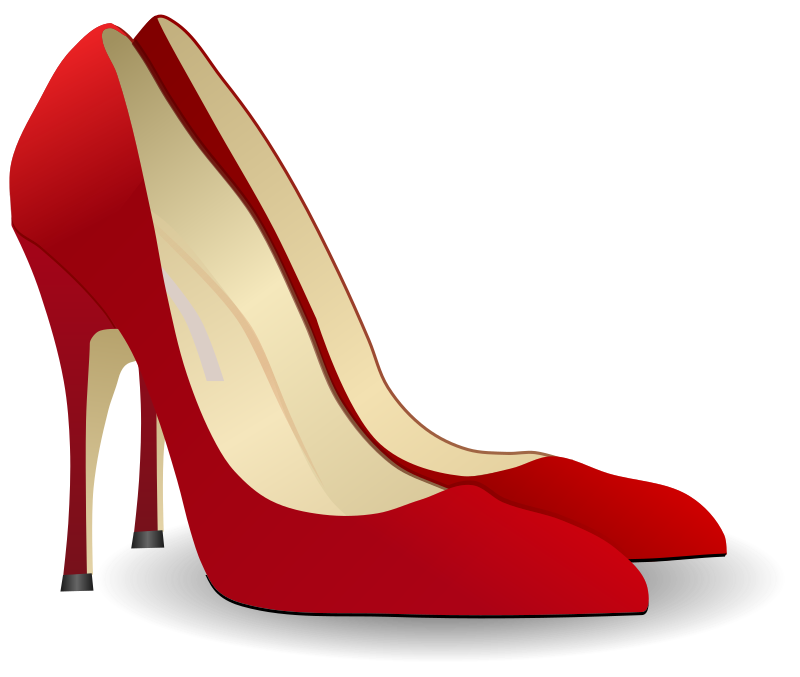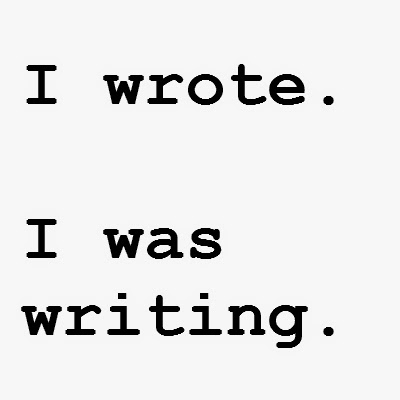You know you want to be an author...but you don't know what to write about. Coming up with a good idea is one of the hardest parts about being a writer. Don't rack your brain and beat your head against the keyboard. Go hunting, and start finding inspiration.
That's Interesting...
Knowing who you are and what you like is the best way to find writing inspiration. Are you drawn toward romantic movies more than others? Do you choose funny comedies more when you watch TV, or dramatic reality shows? Pay attention to your own interests, and you'll know what sort of stories you ought to be writing.






















